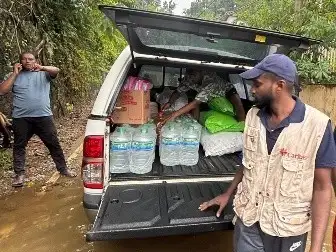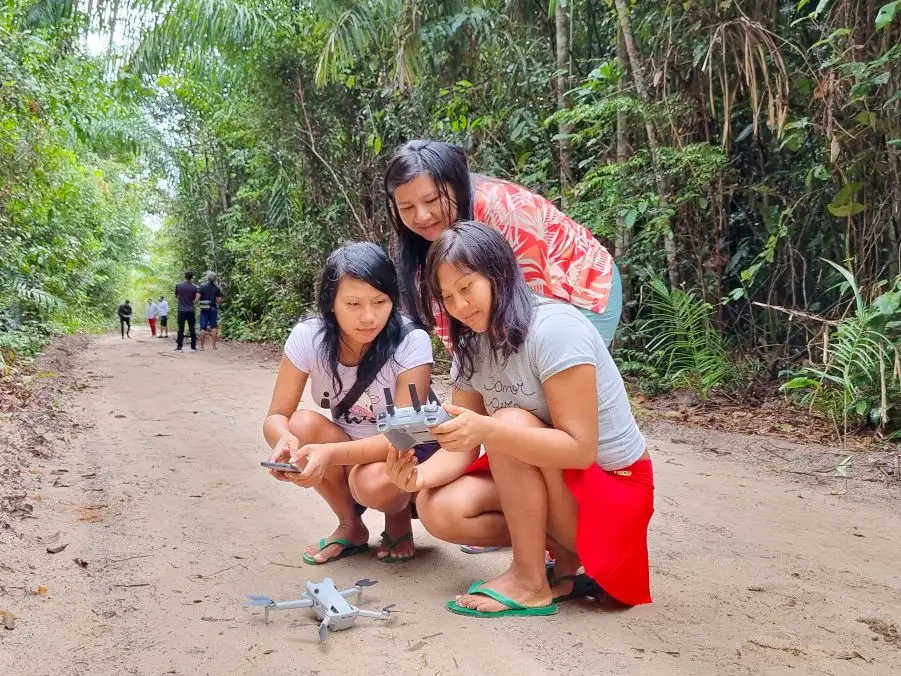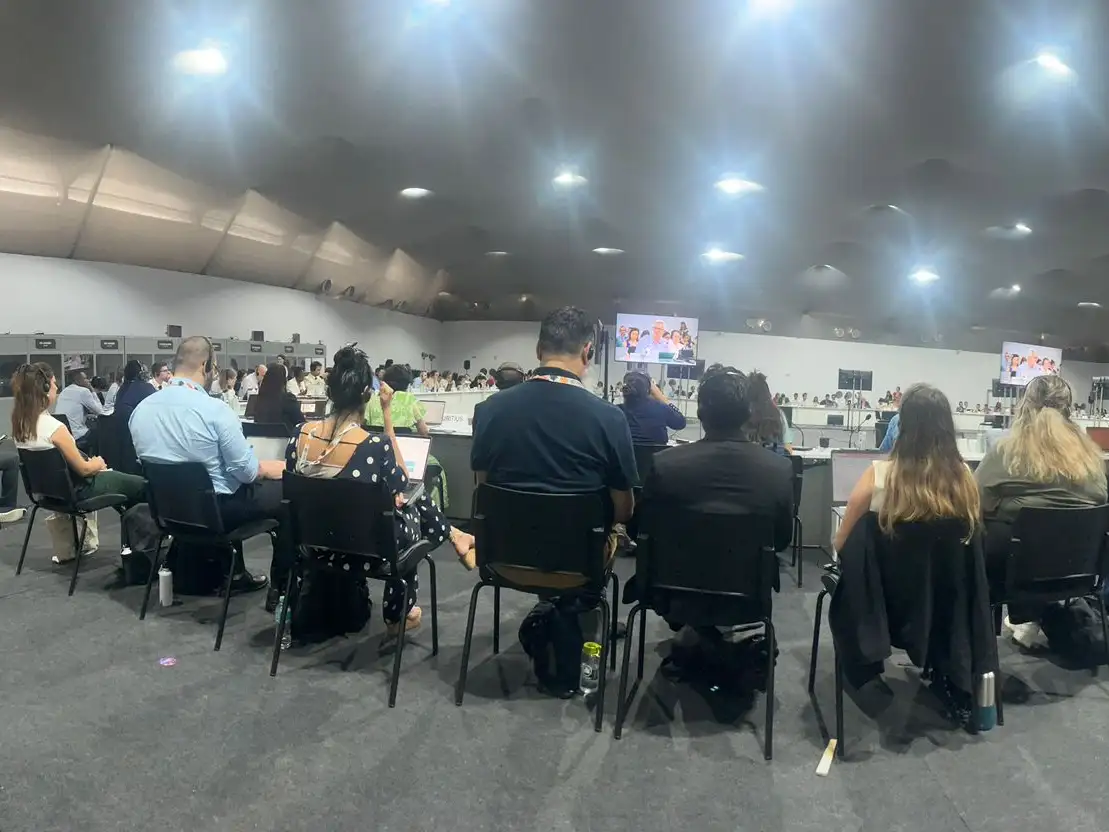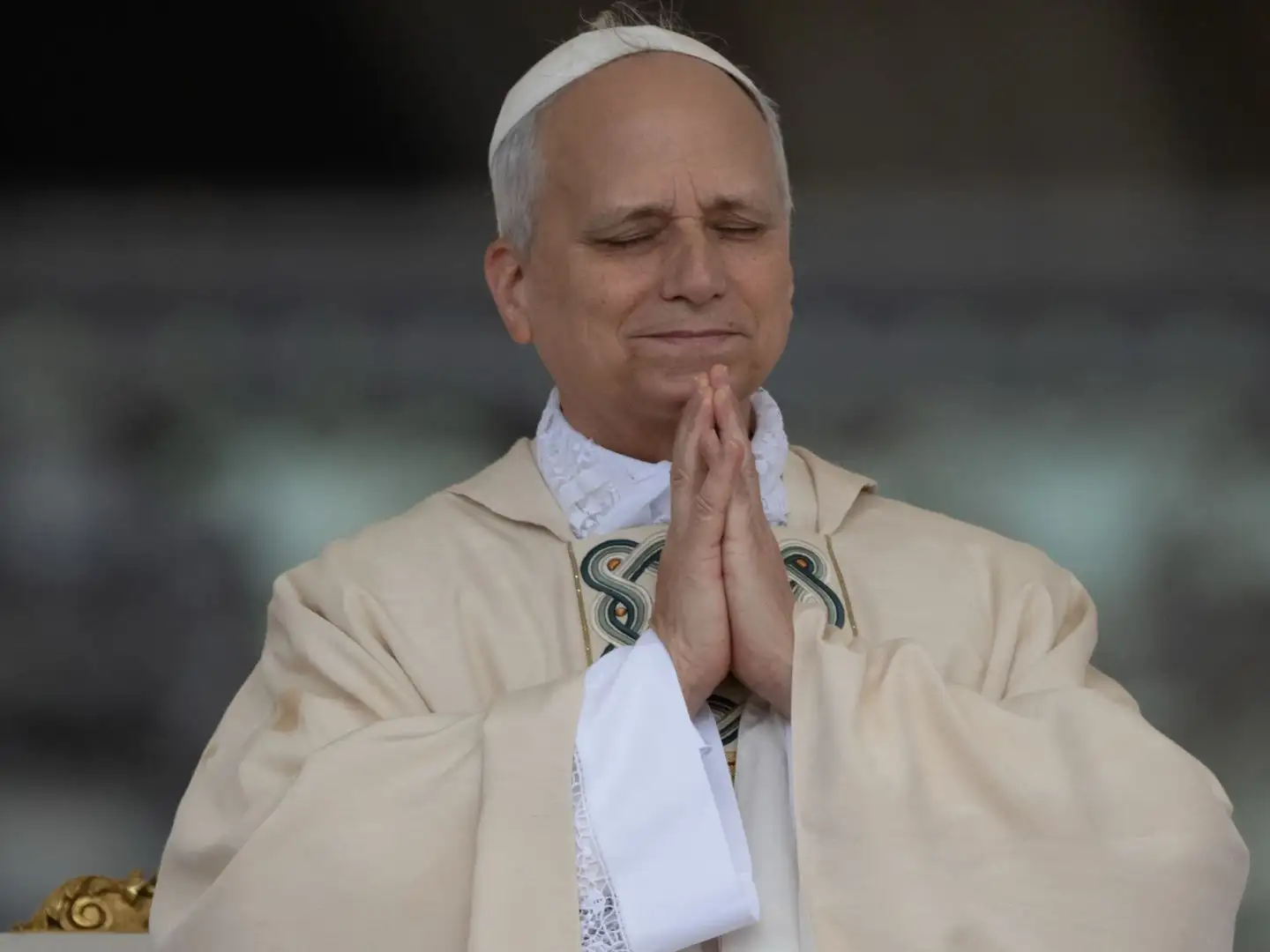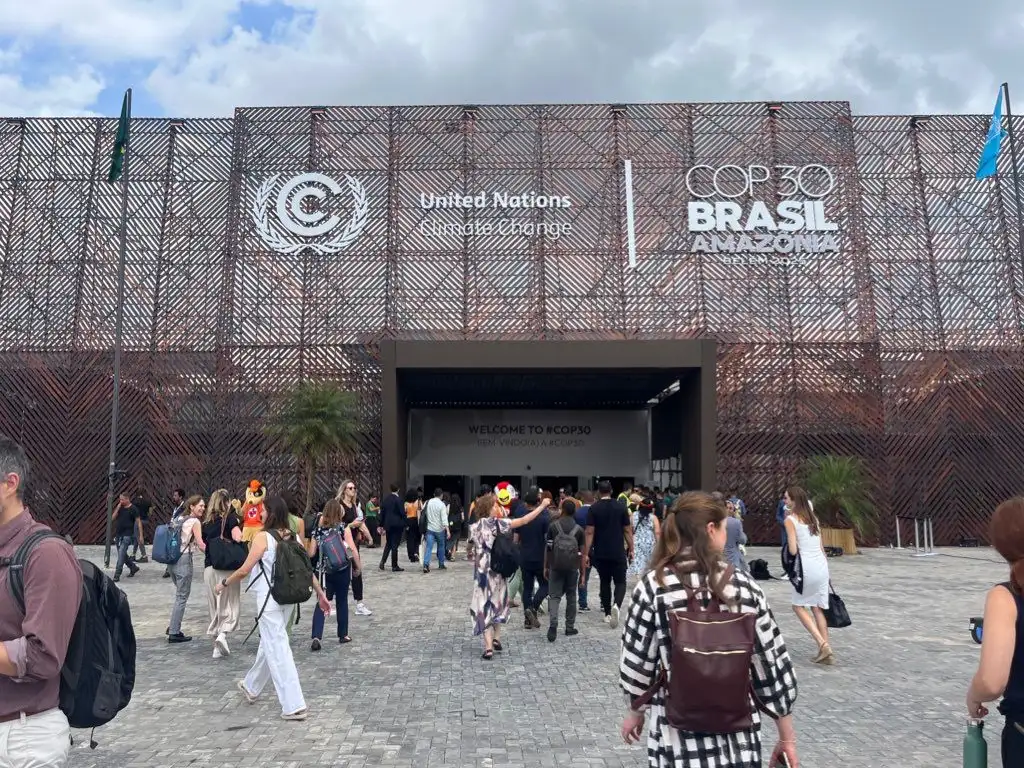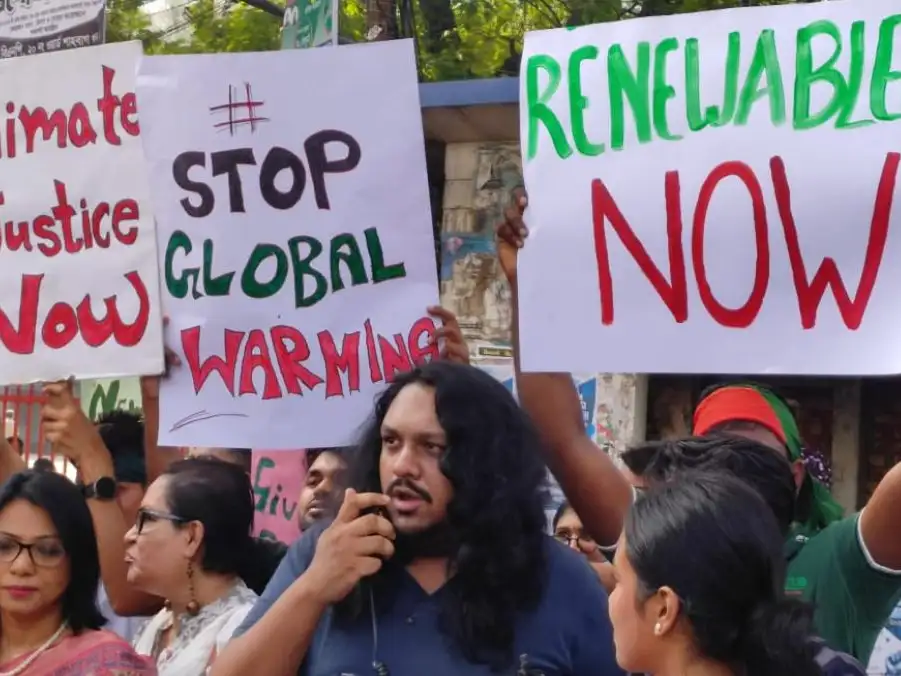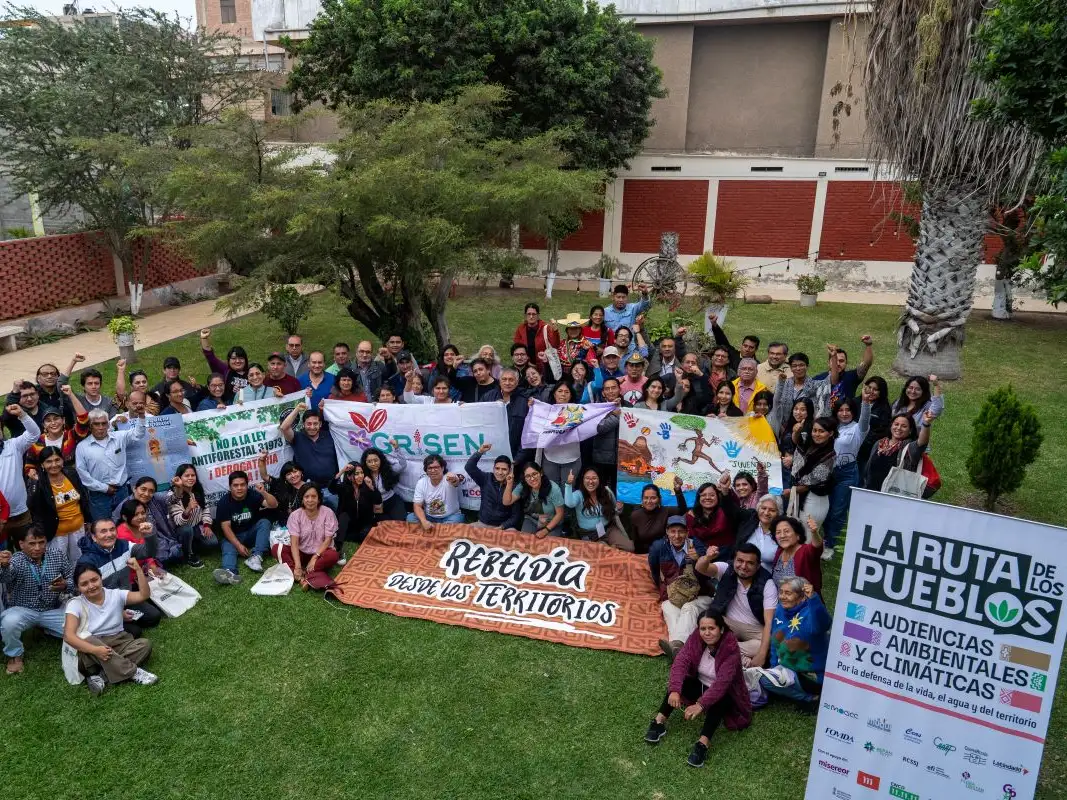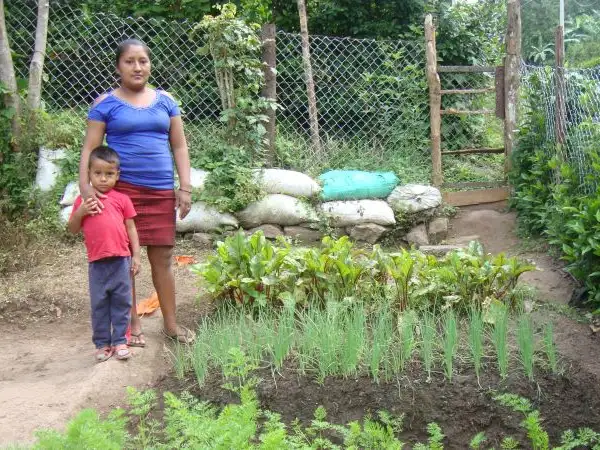

Suhey loves where she lives and is very proud of the kitchen garden she has worked so hard on.
When deforestation and pollution threatened her mountainside home in Nicaragua, Suhey wrote a poem to express her grief.
Suhey is a wife and mother who lives in a beautiful area called Telpaneca, high in the hills in northern Nicaragua. Telpaneca lies in the so-called dry corridor that crosses central America, and is extremely vulnerable to climate change.
When Suhey heard that an association of women producers called ASOMUPRO was working in her community, she was excited. She said she wasn’t going to stay at home waiting for the man of the house to bring things home! She has now been actively involved for over 10 years.
Suhey has learned how to grow food organically and is proud of her kitchen garden. She exchanges crops with other women and has also learned how to bake bread, which she sells with her husband, and plant trees. Suhey has become a leader and shares her knowledge with others in her community.
This year, Suhey has been involved in workshops learning about rights, defending precious water sources and has become increasingly aware of the damage being caused to the planet.
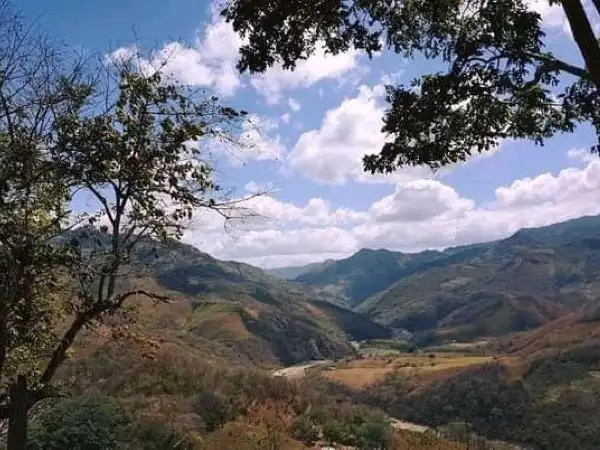

The area where Suhey lives in Nicaragua is threatened by deforestation and pollution.
"This is what hurts my soul"
Suhey loves where she lives – the mountains, the coffee plantations, the forest, the huge Coco river. But she has told us how people, who are not necessarily from her community, are causing damage to the area. They are extracting sand from a huge, beautiful river nearby, chopping down trees, and contaminating the water.
She says: “This is what hurts my soul – we try and have something nice, a healthy place, a beautiful place, and yet people without a conscience come to damage it.”
This inspired Suhey to write a poem called “From the foot of the mountain” about ‘La Montañita’ near where she lives. In it, she expresses her grief at what is happening.
Suhey told us that she never expected her poem to be shared, but, in doing so, she hopes perhaps people will think twice about destroying the environment.
From the foot of the mountain
Deep in the mountain,
I hide away in a place of beauty,
But humans with all their prowess,
Know not how to care for me.
Little by little, they strip me bare,
And senselessly destroy me,
Depriving me of my being,
My deep green gown.
No more do the birds sing
Their sweetest melodies,
Nor do the children enchant me with their joyful smiles.
My name is Telpaneca,
A land of drought and damp.
I am the mother of a river they despoil pitilessly.
They remove stones and sand, increasing my thirst,
And bind me with chains, preventing me from blossoming.
“No more of such hurt and villainy”,
Is my irony-filled cry from the heart of the mountain.
Help me escape from this present hell
And I promise to endow you with fruit, fresh water and joy.
Who are ASOMUPRO?
ASOMUPRO, the association of women producers, has been working in rural communities across Nicaragua with the most marginalised women for over 12 years. It works to counteract the patriarchal culture that prevails in many mixed gender organisations, working on projects relating to climate change adaptation and promoting agroecology, providing training and information on existing laws to protect water sources, and providing work experience so that women can support themselves.
The project being led by ASOMUPRO is part of a three-year EU regional project on environmental human rights defenders.


